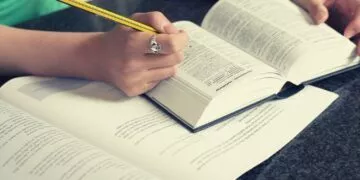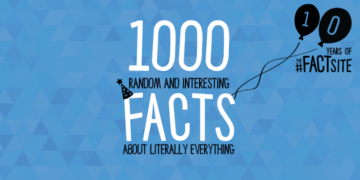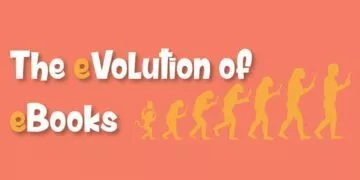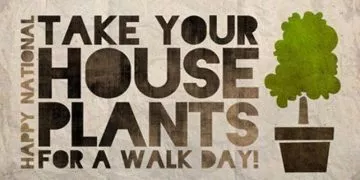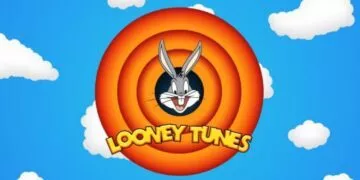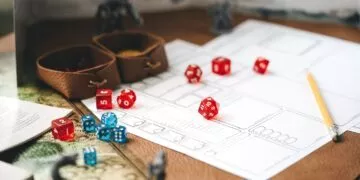For people who love reading books or learning new words, October 16 is a day to look forward to because it’s when we celebrate National Dictionary Day.
Here, you’ll discover who’s commemorated on this particular day, the different things to do on National Dictionary Day, and some quick facts about the dictionary.
But before all that, let’s take a quick look at the evolution of the dictionary!
Brief History of the Dictionary
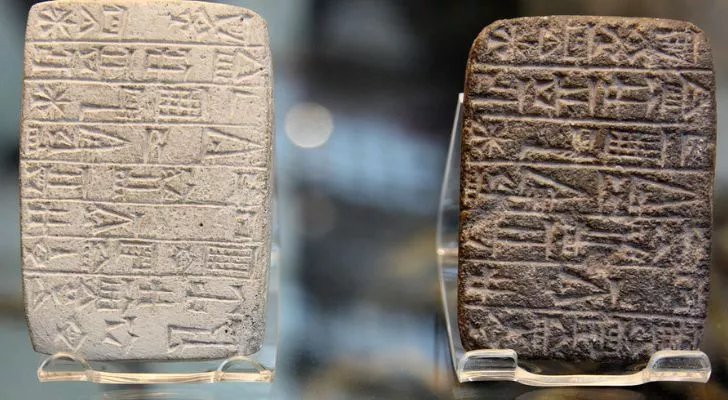
Dictionaries have primarily been made in the form of books. However, its earliest kinds were made on cuneiform tablets. They existed around 2300 BC and were bilingual dictionaries written in Sumerian-Akkadian.
The first monolingual dictionaries date back to the 3rd century BC and came from China.
But in the case of English-only dictionaries, it wasn’t until 1604 that the first English dictionary, A Table Alphabeticall by Robert Cawdrey of England, was published.
Then, in 1755, Samuel Johnson published A Dictionary of the English Language, considered a more reliable dictionary than Cawdrey’s and the other dictionaries that came in between.
Regarding American dictionaries, though, Noah Webster introduced the first one, A Compendious Dictionary of the English Language, in 1806.
Then, a year later, he started writing a more complete dictionary called An American Dictionary of the English Language, which contained 70,000 words.
It was published in 1828, and while writing this dictionary, Webster studied a whopping 26 languages!
Fast forward to today, and physical dictionaries are on the decline. However, you can now find numerous online dictionaries, which most people rely on as they’re free and far more convenient.
How to Celebrate National Dictionary Day
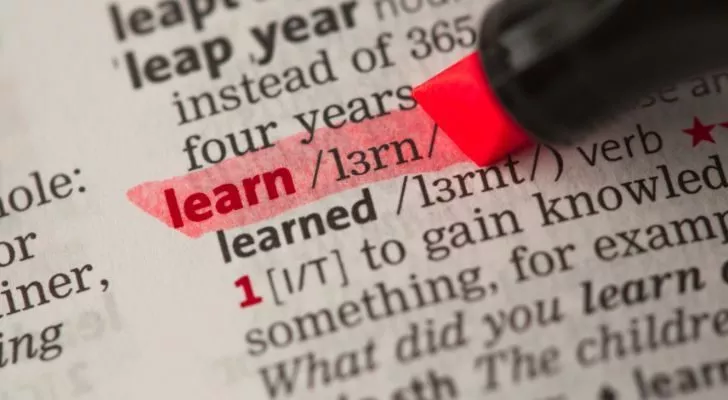
Learn some new words.
Check random pages in your dictionary and find unfamiliar words to add to your vocabulary.
Of course, you want these words to stick in your long-term memory, so make sure to recall them (along with their definitions) from time to time.
You can use a highlighter to easily find these new words and the keywords that help you remember what each term means.
Play fictionary.
If you’re wondering what fictionary is, it’s a word game wherein you try to guess the definition of a word found in the dictionary.
One player is assigned to select a word and write the correct definition, while the others provide a wild guess of its meaning. Each definition is written on a card and is shuffled for you to guess which one is right.
Players are awarded points for choosing the correct definition or tricking other players into choosing the wrong ones.
Hold a spelling bee.
You can do it by yourself to practice your spelling and memory skills, or with your friends and relatives to have a memorable moment with each other.
Regardless, when looking for words in the dictionary, try finding more challenging words to pronounce and spell (like those with silent letters) to make this spelling contest more challenging and exciting!
National Dictionary Day FAQs
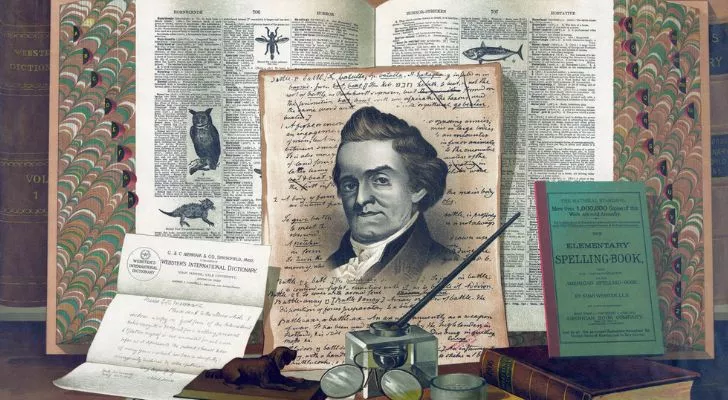
Why is National Dictionary Day celebrated on October 16?
It commemorates the birthday of Noah Webster, an American lexicographer born in Connecticut who pioneered the American dictionary.
You might be familiar with him because his last name is found in one of the most popular English dictionaries (Merriam-Webster).
Why celebrate National Dictionary Day?
This memorable holiday is worth celebrating because it shows your appreciation to the people who’ve spent many years writing the dictionaries we use today.
It also highlights the importance of increasing your vocabulary to improve your speaking and writing skills.
How else can I celebrate National Dictionary Day?
Besides the three activities mentioned above, you can also do other word games like crosswords, word search puzzles, and even Scrabble.
And if you want to spice things up, you can also write a poem based on the words you’ve discovered.
5 Fast Facts About The Dictionary
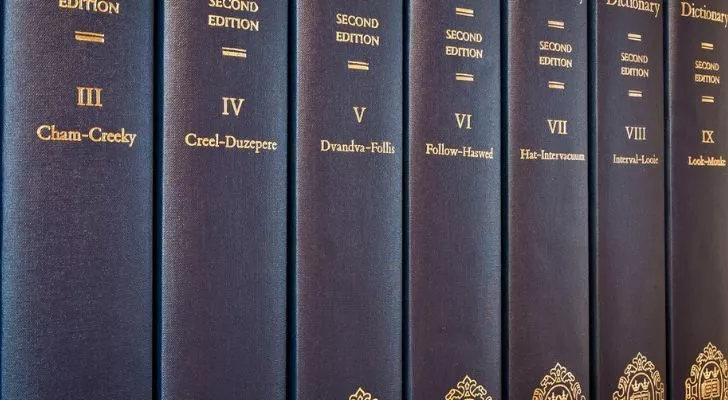
The Oxford English Dictionary is considered the most complete English dictionary. It was first published in 1884 and contains more than 270,000 words today.
The people who decide which words get into the dictionary are called lexicographers. And they can sometimes add as many as 1,000 words to the dictionary every year.
Words may also be removed from the dictionary. Lexicographers do this sometimes when words become obsolete or not applicable to modern use.
Ghost words are words in the dictionary that aren’t real. They can be a result of human error. But sometimes, dictionary publishers include them to catch other dictionaries copying their work.
There are different types of dictionaries besides monolingual and bilingual dictionaries. Some examples are dictionaries of synonyms, which prevent repetition when writing, and rhyming dictionaries, which are used to get ideas for songs or poems.
National Dictionary Day commemorates the birthday of Noah Webster, a lexicographer who has significantly contributed to the development of the American dictionary.
This memorable holiday reminds us of the efforts of the father of the American dictionary and the many lexicographers who have written dictionaries in different languages.
Their hard work has played a crucial role in our lives, as dictionaries have helped us express ourselves even better.
So, on October 16, pick up your dictionary, play some word games, and widen your vocabulary!


